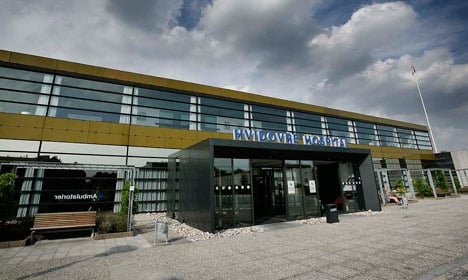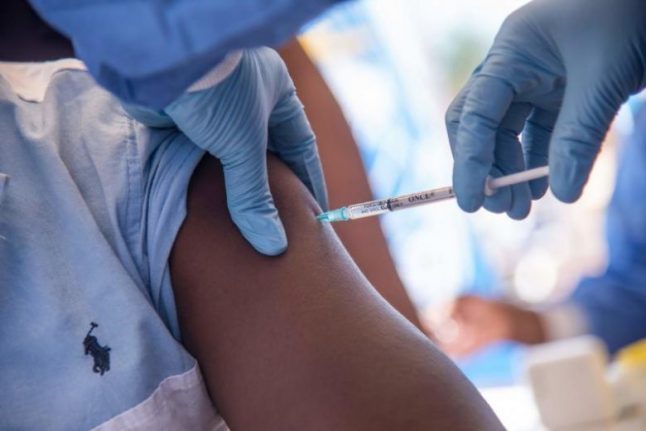EBOLA
Danish TV worker tests negative for Ebola
Initial results were negative for an employee of TV2 who had reported a fever after returning from west Africa but Hvidore Hospital says additional testing may be needed.
Published: 12 November 2014 07:11 CET

This marks the third patient who has tested negative for Ebola at Hvidore Hospital in the past five weeks. Photo: Hvidore Hospital
A patient who was checked in to Hvidore Hospital on Tuesday on the suspicion of having the Ebola virus has tested negative.
The hospital announced that the patient’s preliminary test results were negative, but said it might send a new blood sample to the Danish State Serum Institute on Wednesday in order to completely rule out an Ebola infection.
“If the patient no longer has a fever [on Wednesday], there will be no need to take additional tests, but if the patient continues to have symptoms, we will retain our emergency preparedness,” hospital spokesman Torben Mogensen said in a statement.
This marks the third time in five weeks that a patient has tested negative for Ebola at Hvidore Hospital, located just outside of Copenhagen.
Broadcaster TV2 said that the patient was an employee with the company who had recently returned from west Africa. After coming down with a fever, the employee was admitted to Hvidore Hospital on Tuesday and held in isolation.
Url copied to clipboard!


 Please whitelist us to continue reading.
Please whitelist us to continue reading.
Member comments